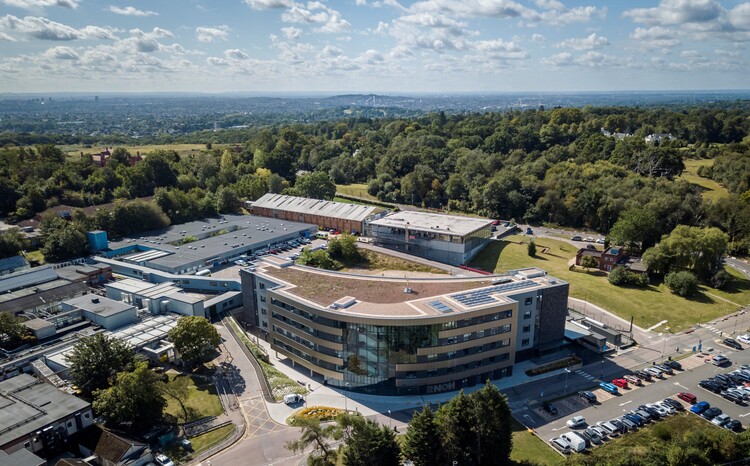London ICSs must shift to ‘blended’ approach to digital care
- 22 February 2021

London’s integrated care systems must shift to a “blended” approach of digital and face-to-face care following the pandemic, a report has found.
Research from the Kings Fund found London’s five integrated care systems (ICSs) worked more closely to align their services and made “massive” digital gains during the pandemic.
But the challenge would be to sustain and build on this progress to deliver the best outcomes for local communities, the report found.
“As the system recovers from the pandemic, ICS leaders and others will need to support a long-term shift to a ‘blended’ model of delivery that combines the best of digital approaches with the benefits of face-to-face contact when that is most appropriate,” it states.
‘Greater collaboration’
Covid-19 created a common purpose that allowed health and care organisations across the capital to work more collaboratively, the report found.
In some cases, changes that may have taken years to achieve were able to be implemented in a matter of weeks or days. Commitments to improved access to digital health technologies and better use of data, made in 2019 when ICSs were being established, were “rapidly accelerated”.
There was “massive expansion” in remote access with most Londoners able to access virtual outpatient appointments and remote GP services, according to the report.
There was also faster problem solving across organisations and a “less cautious” approach to data sharing with organisations seeing a need to “quickly resolve long-standing concerns about information governance”.
Richard Murray, chief executive of The King’s Fund, said: “One of the few silver linings from the pandemic was the big leap forward in joint working to deliver health and care across London.
“This allowed London’s health and care services to respond to the unprecedented challenges of Covid-19. However, Covid-19 also laid bare the deep health inequalities that blight the lives of many Londoners.
“London’s health and care leaders now need to use this momentum and sense of common purpose as a catalyst for tackling inequalities and addressing London’s health challenges.”
Rapid progress on digital was seen as “largely positive” but there remain concerns about digital exclusion, with digital-first approaches “not suitable for everyone or everything”.
“In some cases more evidence will be needed to ensure that new arrangements are clinically effective and appropriate,” the report stated.
‘Stark health inequalities’
The capital’s ICS leaders must also “seize the moment” to address London’s “stark” health inequalities highlighted by the Covid-19 pandemic, it added.
Life expectancy varies between boroughs by as much as 15 years for women and 19 years for men, according to Greater London Authority statistics.
These inequalities were further exacerbated by the pandemic among those from Black, Asian and minority ethnic communities, homeless people and people with learning disabilities.
The report called on ICS leaders to strengthen collective actions seen throughout the pandemic to tackle health inequalities. ICSs will play a “crucial role” in linking the work of the boroughs with London-wide initiatives and public health expertise.
Other recommendations include:
- Locally led action on health inequalities should be co-ordinated by London Borough based partnerships
- At a London level, partners need to revisit which areas will benefit most from a coordinated response across the capital and update them in light of the impact of the pandemic
Becoming law
The government recently announced new plans to reform the NHS in a bid to deliver more joined up care and capitalise on progress made during the pandemic.
Part of the reforms would see ICSs enshrined in law with every area in England covered by a system. The proposals would see integrated care become the default and would enable the NHS to use technology in a modern way to support staff and patient care, including improving quality and availability of data, the DHSC said.
Rules around procurement and data sharing would also be relaxed in a bid to reduce red tape in the health service.
The plans follow health secretary Matt Hancock’s ‘bureaucracy-busting mission’, which aims to improve the use of data within the NHS.
Leaders of the Digital Health Networks said the plans provide “real opportunity” for digital leaders to shape the future of healthcare, while suppliers warned interoperability should not come at the cost of “transparent” procurement.




